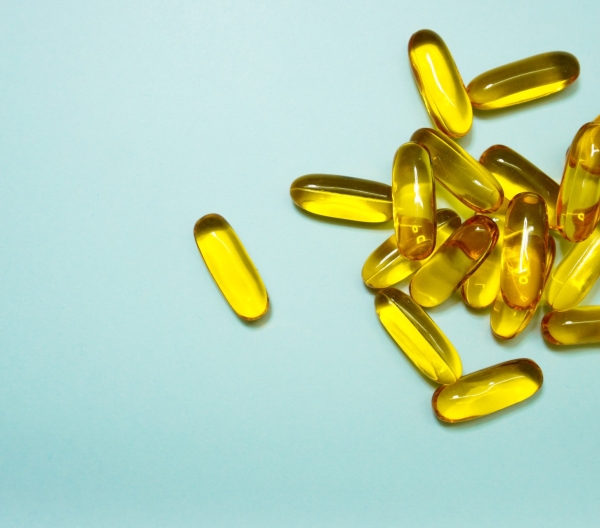Prostate cancer: What may matter, what doesn’t
What can—or can’t—help lower the risk of a higher-grade prostate cancer or keep a lower-grade cancer from progressing? Here’s what we know so far.
[Click here for more background on prostate cancer treatment.]
Smoking
Smokers have a higher risk of dying of prostate cancer. That could motivate some men to quit.
“Patients who are newly diagnosed with prostate cancer may be very amenable to a message about smoking,” says urologist Laurence Klotz. “Counseling patients to stop smoking is the single most cost-effective intervention in all of medicine.”
Exercise

In studies that track men for years, exercise—especially if it’s vigorous—has been linked to a lower risk of high-grade prostate cancer.
So the ERASE trial randomly assigned 52 men with mostly Grade Group 1—and a few with Grade Group 2—prostate cancer to either supervised high-intensity interval training (HIIT) or a control group.
Three times a week, the HIIT group alternated two minutes of high-intensity exercise and two minutes of recovery exercise on a treadmill for about 20 to 30 minutes.
After 12 weeks, the exercise group’s average PSA had dropped significantly (by about 1 point) compared to the control group’s PSA. And in test tubes, the HIIT group’s blood samples were better at inhibiting the growth of prostate cancer cells than the control group’s.
“Larger similar trials would be required to demonstrate actual clinical benefit,” says Klotz. “But there’s at least eight different ways that exercise may favorably influence prostate cancer biology.”
And that’s just one of many potential benefits. “If exercise were a pill, we would all take it,” says Klotz.
Vegetables

Some studies have reported a lower risk of high-grade prostate cancer in men with higher blood levels of carotenoids like beta-carotene or lycopene.
So the MEAL trial randomly assigned 478 men on active surveillance to eat at least seven daily servings of vegetables—especially carotenoid-rich ones like carrots, leafy greens, and tomatoes—or to a control group.
After two years, the intervention group had upped its veggie intake from roughly three servings a day to five, but “there was no difference in PSA or in anything related to prostate cancer,” says Klotz.
“Your diet over a lifetime has a major impact on health, but once you’re diagnosed in midlife or later with prostate cancer, it may not make much difference in the outcome of the disease.”
Weight
Obesity, though not overweight, is linked to a higher risk of dying of prostate cancer. And in a recent study, men on active surveillance were more likely to progress to a higher grade if they had more fat surrounding their prostate.
Vitamin E & selenium

The SELECT trial randomly assigned 35,533 men to take vitamin E (400 IU a day), selenium (200 micrograms a day), both, or a placebo. The trial was stopped after five years. Three years later, men who had taken vitamin E had a 17 percent higher risk of prostate cancer than men who hadn’t. Selenium had no impact on risk.
Vitamin D
In the VITAL trial on 25,871 healthy people, men assigned to take vitamin D (2,000 IU a day) for five years had no lower risk of being diagnosed with prostate cancer than placebo takers.
But trials haven’t tested vitamin D on men on active surveillance. And among men with prostate cancer, low vitamin D levels are linked to higher-grade cancers.
“Correlation isn’t causation,” notes Klotz. “But it costs pennies a day to take a vitamin D supplement to reverse a deficiency. So I think it’s worth taking in Canada or in northern parts of the U.S., where low blood levels of vitamin D are common.”
Tags
Topics
Continue reading this article with a NutritionAction subscription
Already a subscriber? Log in

OUR HEALTHLETTER
Subscribe to Nutrition Action
Nutrition Action is completely independent. We accept no advertising and take no donations from corporations or the government. So we’re free to blow the whistle on dishonest products and to applaud the good ones.

